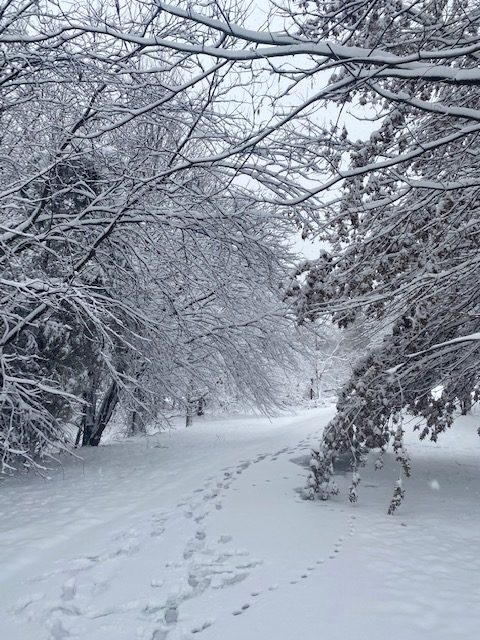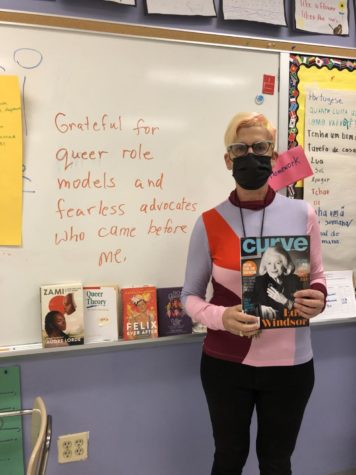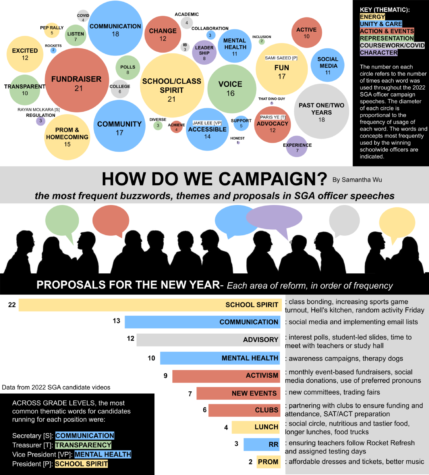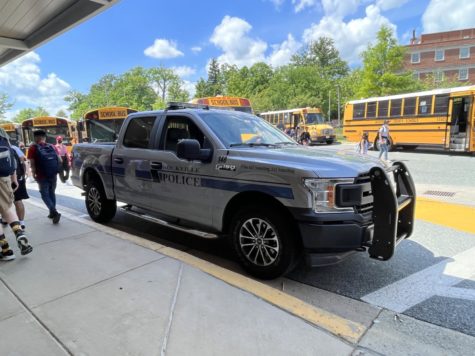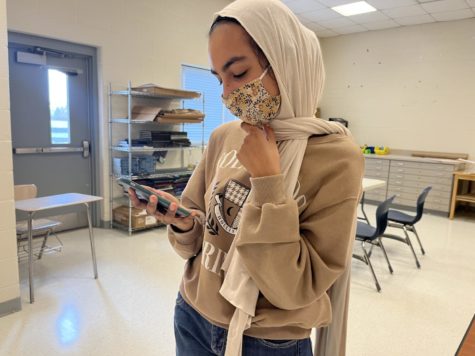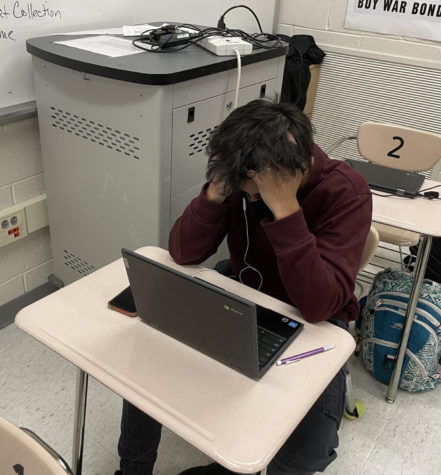Board of Education rethinks snow days
Changes to MCPS policies could leave students in virtual classrooms during snowstorms.
Will students still have their snow days?
The county Board of Education proposed a new inclement weather policy on Feb 1. Snow days are not being entirely eliminated, but instead of complete cancellations, school may continue virtually on a case-by- case basis. The plan was passed in a 7-1 vote.
Student Member of the Board Hana O’ Looney was the sole dissent. “I think to make this decision without ever asking for input from our greater student community … is going to be a real hit to student morale at a time where we know students are already overworked and exhausted,” O’Looney said.
A survey, exclusively to parents, had been sent out prior to the meeting. Many students and teachers believe this severely limited their input on the decision. According to Bethesda Magazine, many minority groups, such as Hispanic, black, and Asian families were underrepresented in the survey, while white families were overrepresented by 21%. The demographics of the survey respondents indicate inadequate representation of MCPS as a whole.
Sophomore Sophia Fang appreciated O’ Looney speaking up. “As a student herself, she understands how students feel best and I think her decision was supported by the rest of the student body,” Fang said. “Student viewpoints were definitely limited, not to mention teachers. If students had a voice in this matter, I feel like it may have ended differently.”
“I think a lot of students wouldn’t want virtual instruction and many would be reluctant to join classes, so yes, having students’ opinions would be useful,” sophomore Elliot Cooper said.
This proposal was considered due to the heavy snowfall and frequency of weather-related closures that have taken place this January. In just one month, the school board has to make up four snow days, or 16 hours of schooling. The three options to solve this are to shorten spring break, reduce teacher’s professional development time, or add the days to the end of the school year.
Many students had experienced a phenomenon coined “zoom fatigue” over the past year, and expressed a reluctance towards the online portion of the new plan. “I don’t support it. Personally, I do not focus well during virtual learning and I have trouble learning and remembering the material.” Fang said. She said that one or two missing days would not significantly set students back, and that these virtual school days would only serve to cut into necessary break time.
The virtual school day is to start two hours after regular instruction to give teachers and students time to prepare. MCPS also plans to send out a preparatory message the day prior to the closure to help families get ready for virtual instruction. This includes ensuring all students have access to the internet, sending home meals for one day closures, and identifying meal distribution centers in the case of a multiple day closure. For those who do not have access to the internet, devices and WiFi Hotspots will be handed out, possibly at an in person center if weather allows.
Although this plan has only been approved for the current school year, MCPS is considering using this model in the future as well.
Your donation will support the student journalists of The Tide, Richard Montgomery High School's student newspaper. Your contribution will allow us to purchase equipment and cover our annual website hosting costs.

Akshya Mahadevan is a senior and is in her fourth year with The Tide. She is very excited to be an Arts assistant editor this year! In her free...


